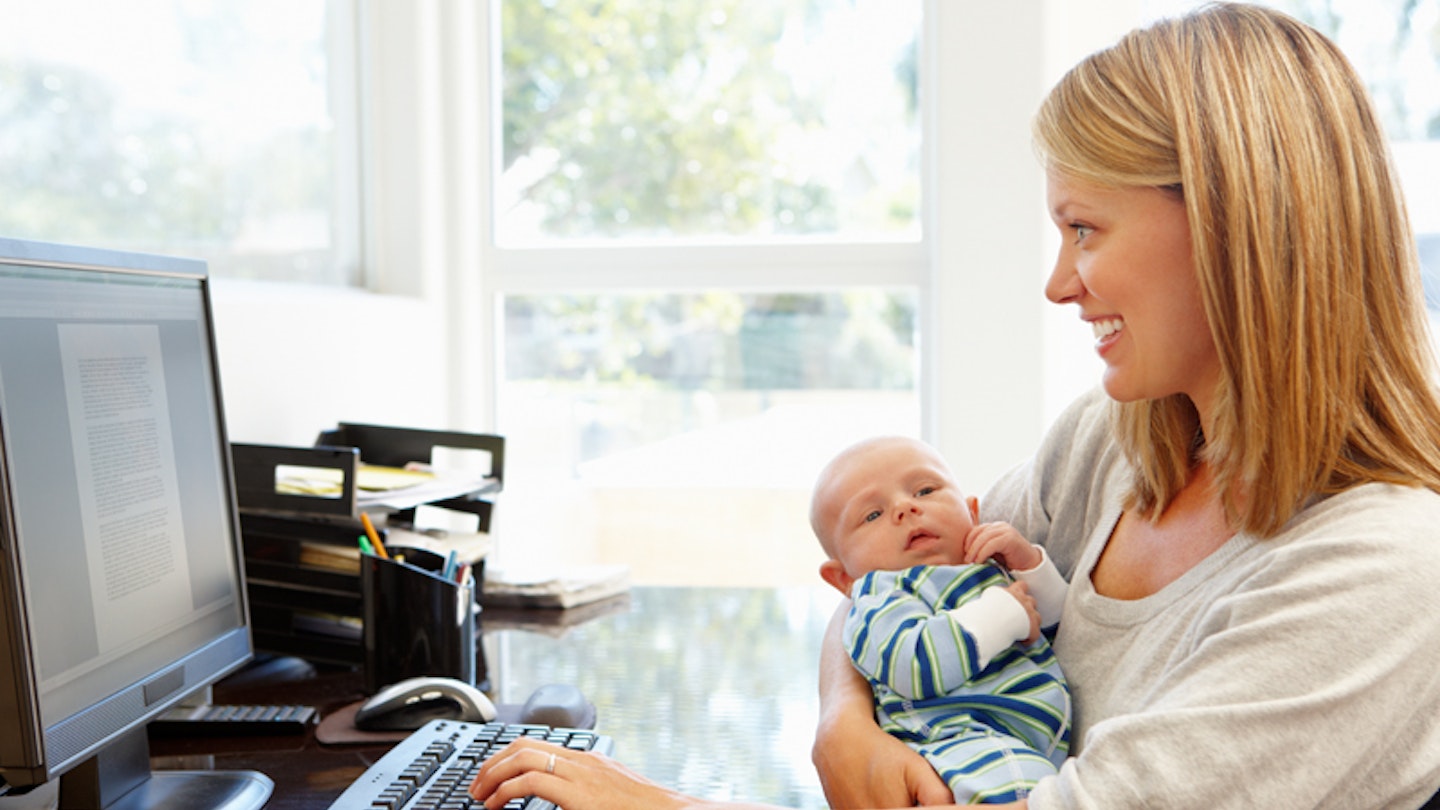Being a self-employed working mum can allow you to fit work commitments around your mum timetable, and explore opportunities that you otherwise might have discounted.
Whichever self-employed route you go down, make sure you don’t miss out on the tax reliefs you are entitled to.
All of them have to be declared on your Self Assessment tax return that you have to submit each tax year.
Tax reliefs! What tax reliefs?
This is the most common response from many self-employed mums, meaning overpaid taxes are not being reclaimed.
HMRC has regulations to cover every possible employment eventuality and they define ‘allowable expenses’ for costs you shell out “with the sole purpose of earning a business profit.” If you spend money on your business, then you can get tax relief for the full amount, when you take away its full cost from your taxable profits.
Warning: it does get complicated! Not all business expenses are ‘allowable’ and there are a lot of ‘ifs’ and ‘buts’.
This pocket guide summarises the 10 most common tax reliefs that self-employed mums are entitled to claim:
Essential Home Office supplies
This tax allowance covers anything from your desk and chair to stamps; with stationery, ink cartridges, laptops and everything else in-between.
Fixed household costs
HMRC’s definition of ‘fixed household costs’ includes gas and electric, water rates, rent, council tax and mortgage interest. Working from home as a self-employed tax payer means that you can claim tax relief on your fixed household expenses that are directly attributable to your business. So, if your home office is one of the four rooms in your home, you are entitled to apply for tax relief on a quarter of these bills.
Running costs of a car, motorbike or bicycle
This includes insurance, servicing and tax. If your work car doubles as the family car, then your expense allowance is calculated proportionately. You can only claim for the travel you do that is solely for business purposes – not the school run.
Phone and internet usage
Again, if this is also for personal use, then the allowance is worked out on the proportion of your bill that is just for business.
Costs of business travel
Obviously, only mileage done with a business reason. This can also cover subsistence and accommodation costs if they apply to your situation.
Professional fees
This covers things like your legal and accountancy bills.
Raw materials or goods
Basically, your stock purchase or the raw materials you buy to make into whatever you are going to sell.
Insurance
This only covers policies that are specific to your business, not contents insurance.
Membership of professional organisations
Many professional organisations and Trade Unions have an agreement with HMRC which allows their members to claim back the tax paid on their membership fees. This also applies to the subscription fees to some professional journals. It’s definitely worth checking with any organisation you belong to.
Overdraft, credit card and bank charges
Self-explanatory!
So, how many could you tick off?
If you thought at least one applied to you, then the chances are there will be more.
Don’t have any receipts? Don’t worry, the evidence requirement varies between the different tax relief allowances and some don’t need any at all.
Tax regulations are notoriously complex and the system itself is a rather daunting prospect. You can save yourself the time, energy and headache by seeking professional advice about your tax rebate application. This makes sure that all the paperwork is accurate and that you get your full entitlement.
Thanks to Paul Donohoe, Managing Director of www.taxrebateservices.co.uk For more information on claiming a working from home tax relief, click here.
